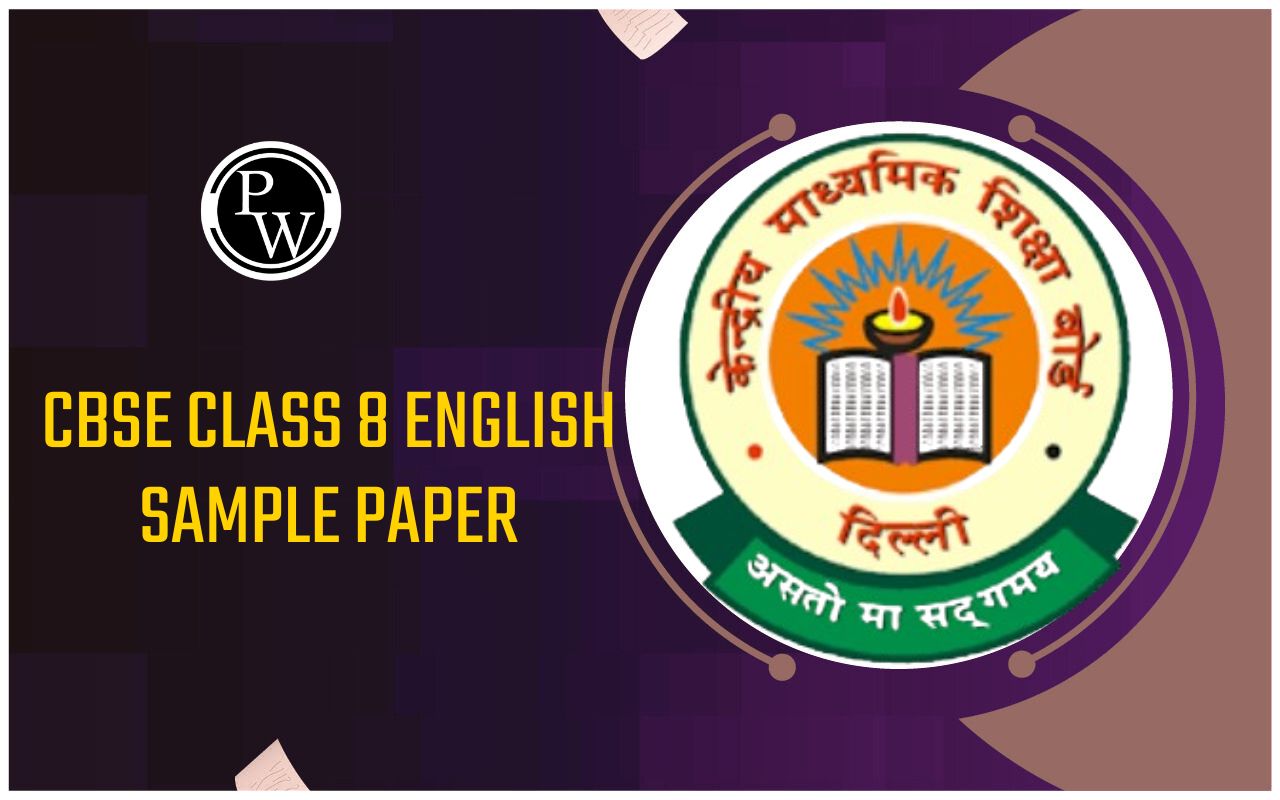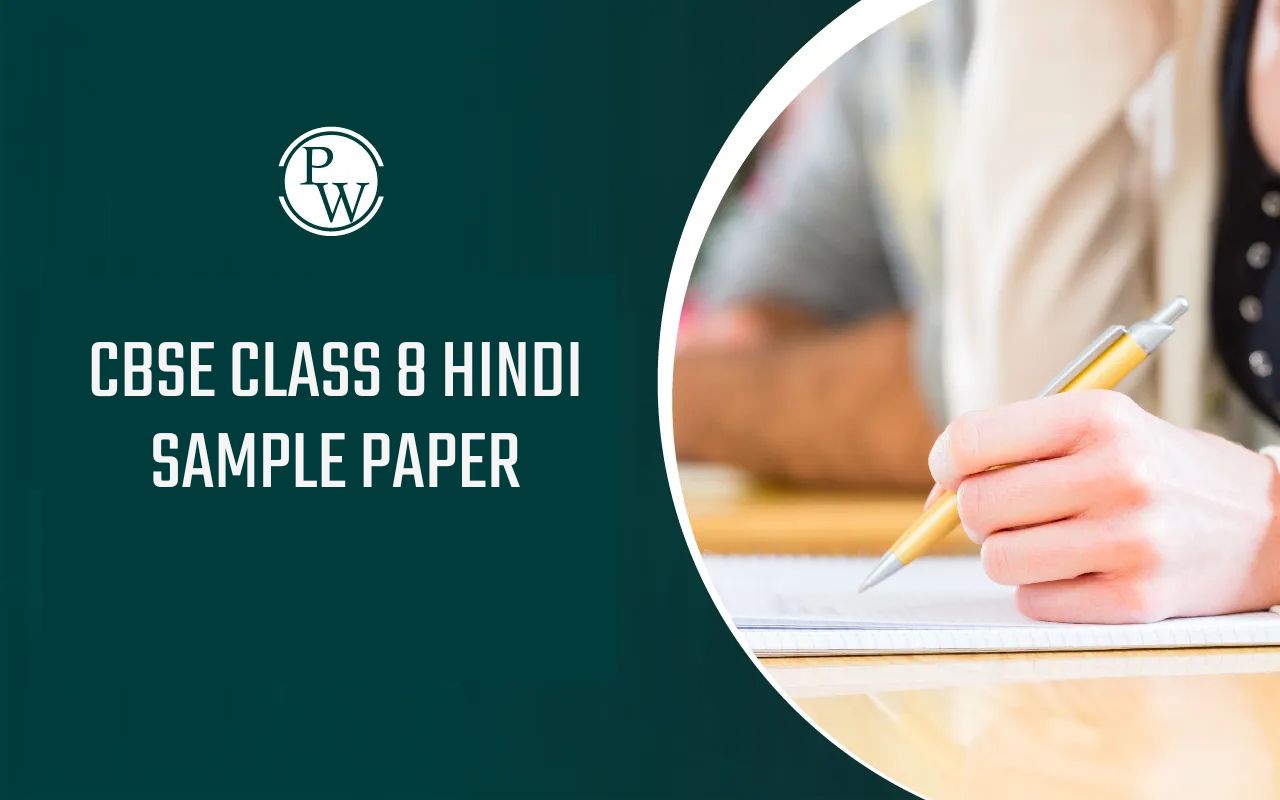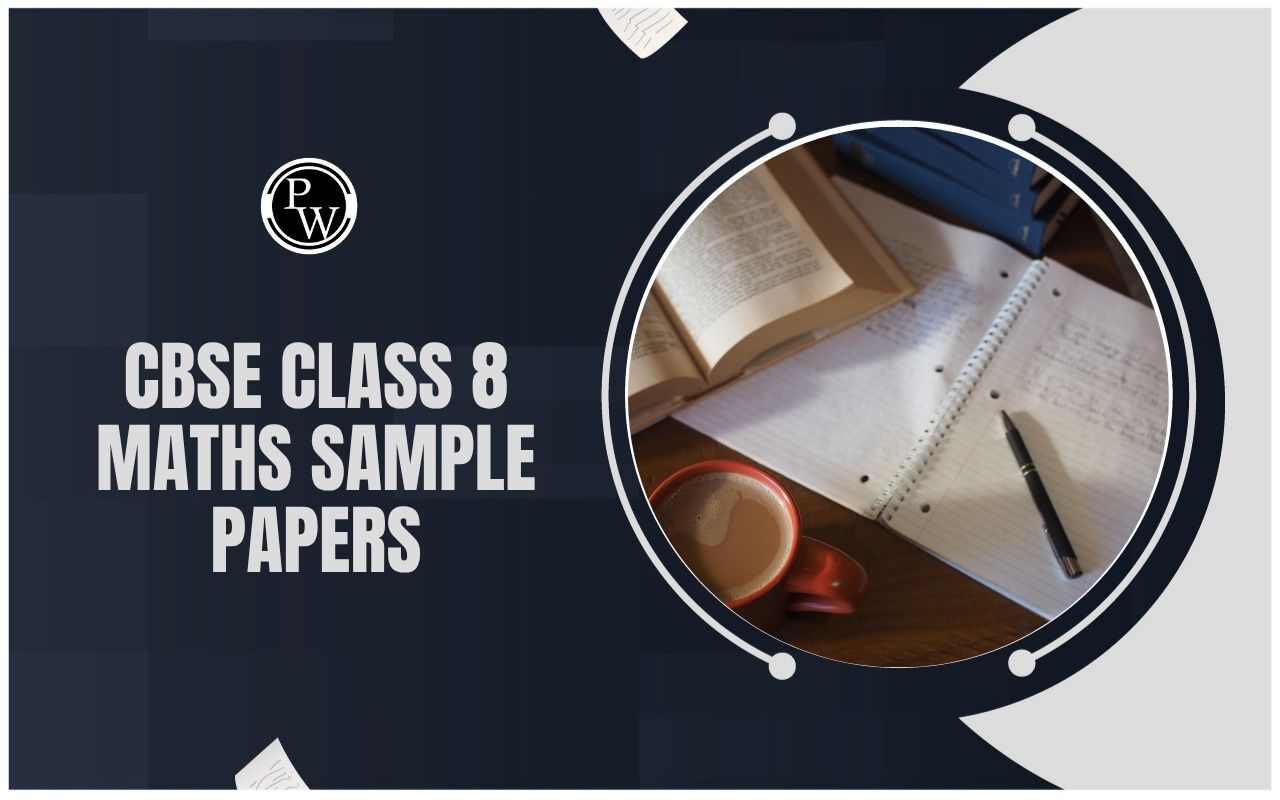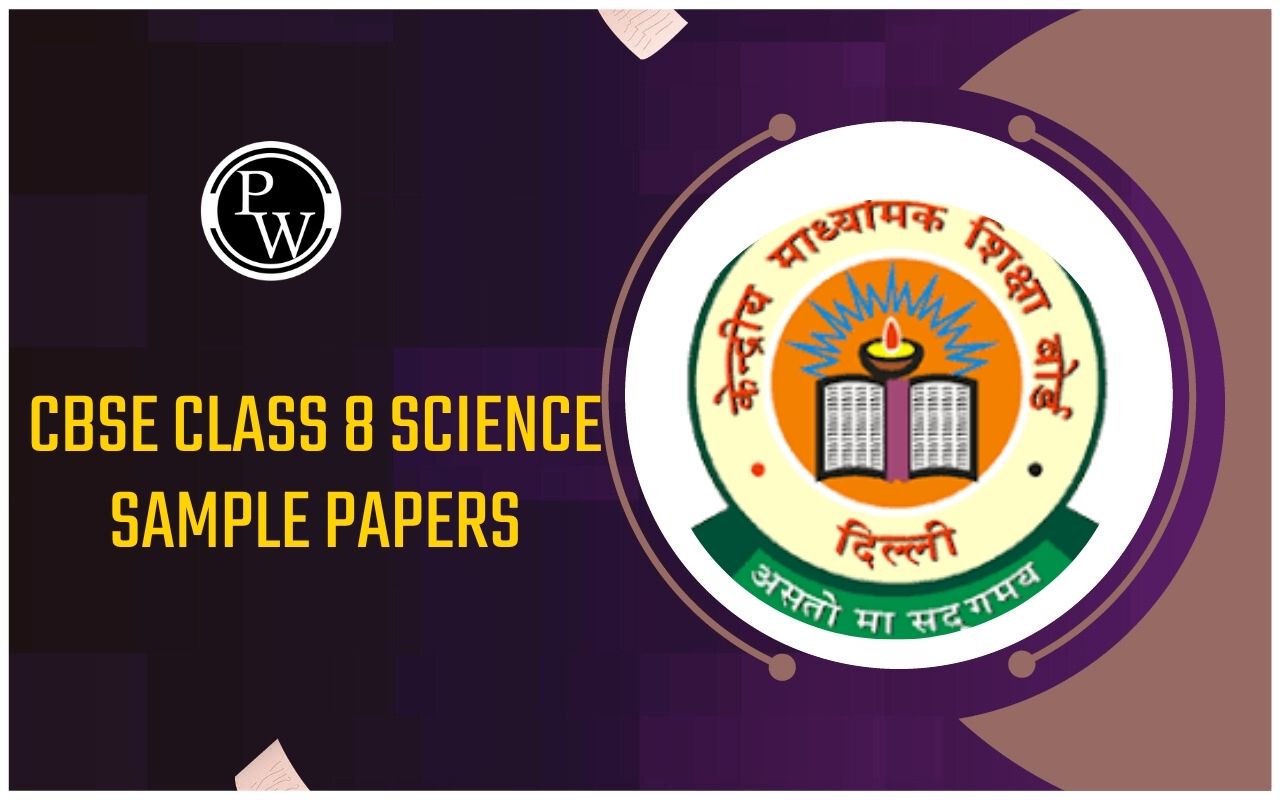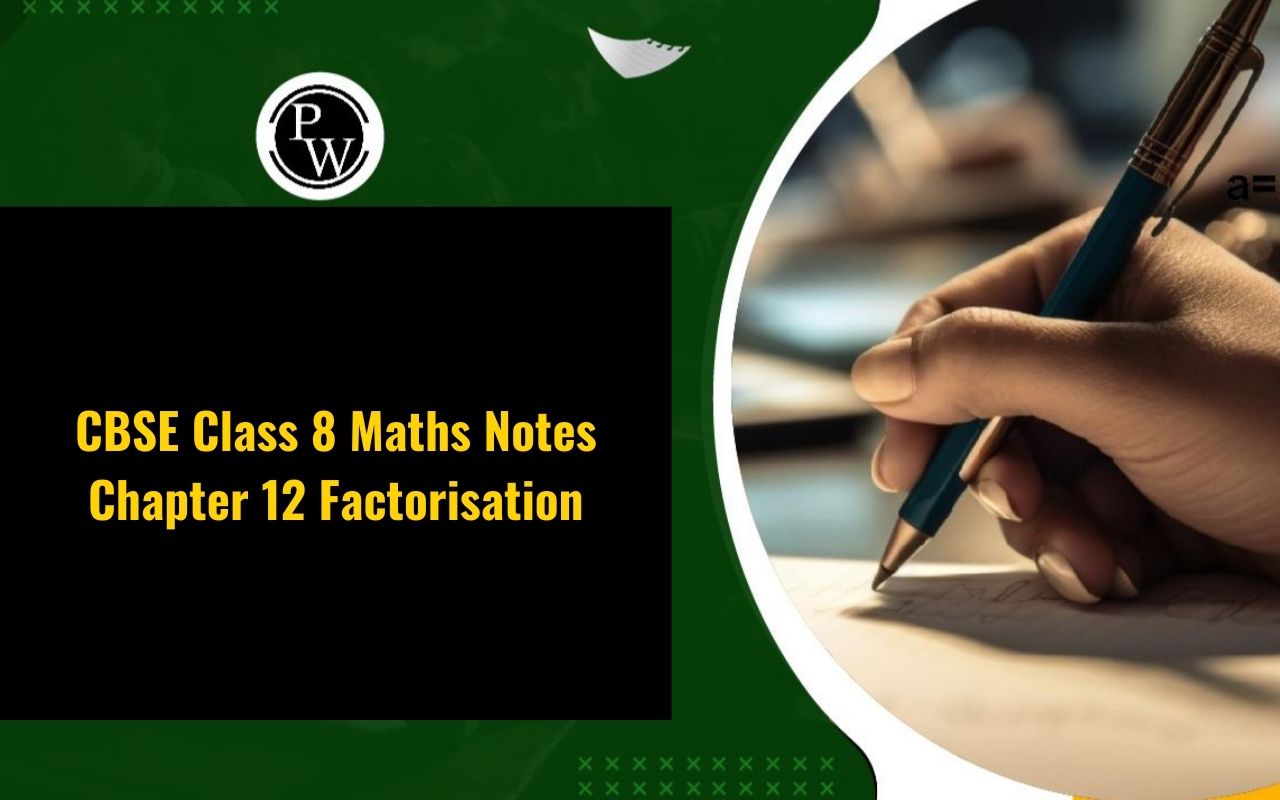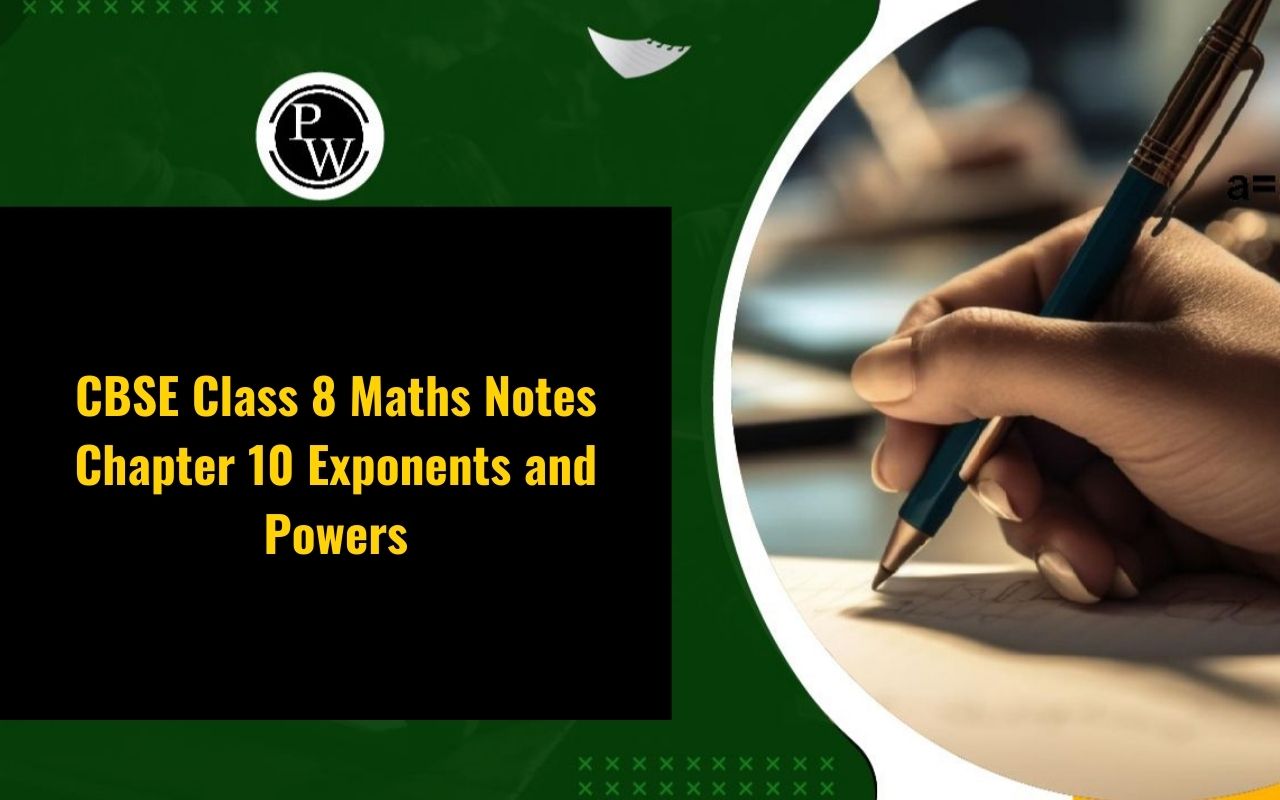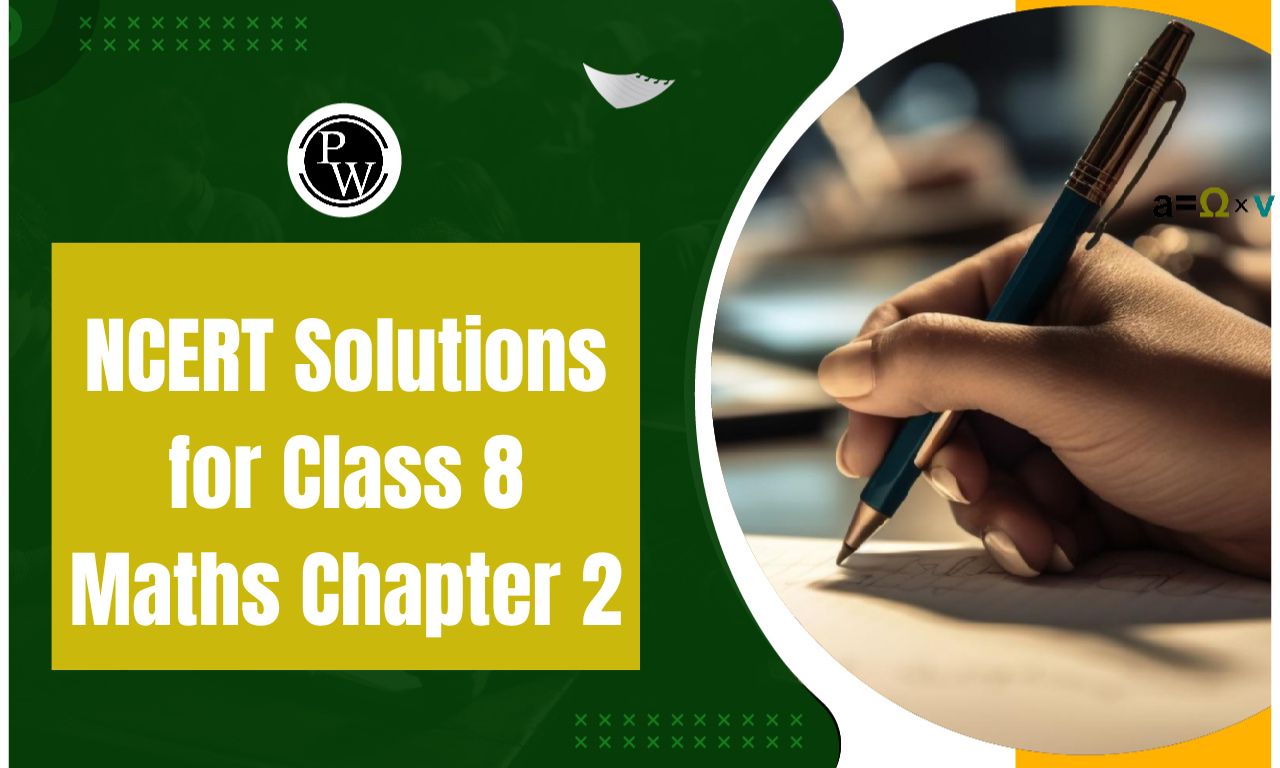
NCERT Solutions For Class 8 Science Chapter 4: For students in Class 8, one of the most crucial resources is the NCERT Solutions for Class 8 Science Chapter 4 Materials Metals and Nonmetals. The answers for metals and nonmetals are provided here to help students understand the chapter more quickly and effectively by removing any doubts they may have.
Because it would aid them in higher standards, students must fully understand the principles of metals and nonmetals. Every NCERT Science Class 8 Solution has been created by the most recent CBSE syllabus. Examine the NCERT Solutions for Class 8 Science, Chapter 4, PDF provided below. NCERT Solutions Class 8 Science is created by our subject matter specialists to help you grasp topics clearly and efficiently. The questions in the textbooks are thoroughly explained step-by-step in these CBSE Class 8 NCERT Solutions. It provides thorough explanations of all the key ideas to help students develop a stronger conceptual grasp of the material.NCERT Solutions For Class 8 Science Chapter 4 Overview
The universe of metals and non-metals, their characteristics, and applications are covered in NCERT Grade 8 Science Chapter 4, Materials Metals and Non-Metals. Based on their qualities, the elements will be divided into metals and non-metals with the aid of this chapter for the pupils. Among the significant subjects covered in this chapter are the uses of metals and non-metals, their physical and chemical properties, and their properties. The first part of the chapter discusses the qualities of metals and non-metals, including durability, malleability, lustre, hardness, and others, using illustrations, graphs, and examples from everyday life. The chemical reactions of metals and non-metals with oxygen, water, acids, and bases are covered in the following section. Students will benefit from this understanding of the chemical characteristics of metals and non-metals as well as their interactions with other substances.NCERT Solutions For Class 8 Science Chapter 4 PDF
Here we have provided NCERT Solutions for Class 8 Science Chapter 4 for the ease of students so that they can just download the pdf and use it easily without the internet. These NCERT Solutions for Class 8 Science Chapter 4 will help students understand the chapter better.NCERT Solutions For Class 8 Science Chapter 4 PDF
NCERT Solutions For Class 8 Science Chapter 4
Here we have provided NCERT Solutions for Class 8 Science Chapter 4 for the ease of students so that they can prepare better for their exams.1. Which of the following can be beaten into thin sheets?
(a) Zinc
(b) Phosphorus
(c) Sulphur
(d) Oxygen
The answer is a) Zinc In this case, zinc is a metal that is malleable and ductile, but phosphorus, sulphur, and oxygen are nonmetals that are not.2. Which of the following statements is correct?
(a) All metals are ductile.
(b) All non-metals are ductile.
(c) Generally, metals are ductile.
(d) Some non-metals are ductile.
The answer is (c) Generally, metals are ductile. The ability of a material to condense into thin wires is known as ductility. Mercury is the exception to the rule that metals are ductile.3. Fill in the blanks.
(a) Phosphorus is a very _________non-metal.
(b) Metals are _________ conductors of heat and ____________ .
(c) Iron is ____________reactive than copper.
(d) Metals react with acids to produce ____________ gas.
(a) Phosphorus is a very reactive non-metal. (b) Metals are good conductors of heat and electricity. (c) Iron is more reactive than copper. (d) Metals react with acids to produce hydrogen gas.4. Mark ‘T’ if the statement is true and ‘F’ if it is false.
(a) Generally, non-metals react with acids. ( )
(b) Sodium is a very reactive metal. ( )
(c) Copper displaces zinc from zinc sulphate solution. ( )
(d) Coal can be drawn into wires. ( )
a) False b) True c) False d) False6. Give reasons for the following.
(a) Aluminium foils are used to wrap food items.
(b) Immersion rods for heating liquids are made up of metallic substances.
(c) Copper cannot displace zinc from its salt solution.
(d) Sodium and potassium are stored in kerosene
a) Food items are wrapped in aluminium foil because aluminium is pliable and can be formed into thin sheets. b) Metal is used to make immersion rods for heating liquids since it is a good heat and electrical conductor. c) Zinc is more reactive than copper, hence zinc cannot be removed from its salt solution by copper. d) Because sodium and potassium are extremely reactive metals that easily catch fire when they come into contact with oxygen in the atmosphere, they are kept in kerosene.7. Can you store lemon pickles in an aluminium utensil? Explain.
Pickles contain acids that react with aluminium to create hydrogen and salt. As a result, pickles are not kept in aluminium cookware. 8. Match the substances given in Column A with their uses given in Column B.| A | B |
| (i) Gold | (a) Thermometers |
| (ii) Iron | (b) Electric wire |
| (iii) Aluminium | (c) Wrapping food |
| (iv) Carbon | (d) Jewellery |
| (v) Copper | (e) Machinery |
| (vi) Mercury | (f) Fuel |
Solution -
| A | B |
| (i) Gold | (d) Jewellery |
| (ii) Iron | (e) Machinery |
| (iii) Aluminium | (c) Wrapping food |
| (iv) Carbon | (f) Fuel |
| (v) Copper | (b) Electric wire |
| (vi) Mercury | (a) Thermometers |
9. What happens when
(a) Dilute sulphuric acid is poured on a copper plate.
(b) Iron nails are placed in a copper sulphate solution?
Write word equations of the reactions involved.
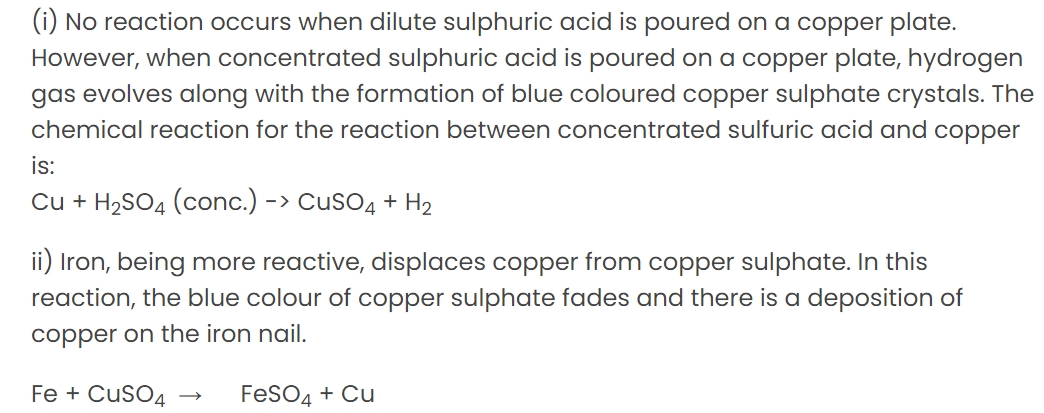
10. Saloni took a piece of burning charcoal and collected the gas evolved in a test tube.
(a) How will she find the nature of the gas?
(b) Write down word equations of all the reactions taking place in this process.
Solution:
a) Put a few drops of water into a test tube that is filled with gas. Shut off the test tube and give it a good shake. Use blue litmus to test the fluid after shaking. It will turn red instead of blue. As a result, gas is naturally acidic. b) Carbon dioxide gas is created when charcoal and oxygen combine.
11. One day Reeta went to a jeweller’s shop with her mother. Her mother gave old gold jewellery to the goldsmith to polish. The next day when they brought the jewellery back, they found that there was a slight loss in its weight. Can you suggest a reason for the loss in weight?
The gold ornament needs to be immersed into a solution known as aqua regia, which is a solution made of hydrochloric and nitric acids, to polish it. The exterior coating of gold melts when submerged in aqua regia, revealing an inner, glossy layer. The jewellery loses weight as a result of the coating melting.Benefits of NCERT Solutions For Class 8 Science Chapter 4
- Expert teachers have created our NCERT Solutions, which are in line with the most recent CBSE curriculum.
- The NCERT Solutions from here are accessible in PDF format, making it simple for you to download and use them as needed.
- Our NCERT Solutions are thorough and address every significant point covered in the chapter.
- The NCERT Solutions are simple to comprehend and use.
- You may increase your test score and gain a better grasp of the chapter by using Our NCERT Solutions.
NCERT Solutions For Class 8 Science Chapter 4 FAQs
What is chapter 4 of class 8 science?
Which chapter is metals and Nonmetals class 8?
What is metal?

